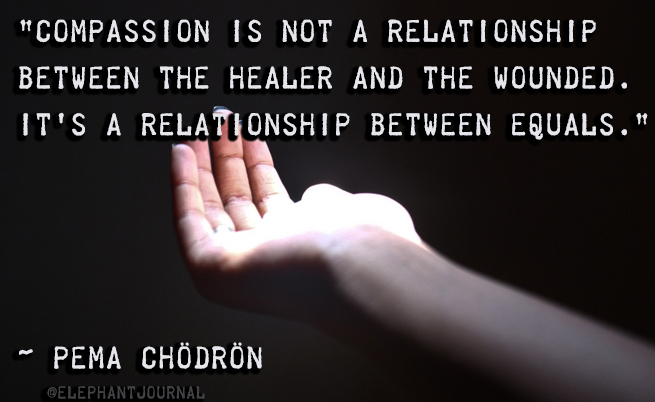When I meet someone for the first time, sometimes I’ll mention my meditation practice.
Do you meditate? I’ll then ask.
If the answer is yes, they’ll typically pause, then add something like: but not as much as I should. Then I’ll sigh and nod in agreement.
Here’s the funny thing: even if this person doesn’t meditate, they’ll admit that they probably should. That’s because there is, it seems, universal consensus that meditation is good for you.
A wealth of evidence bears this out. In fact, even short-term meditation programs have led to reductions in stress, enhancements in emotional regulation, and lower cortisol levels in participants. Researchers have even found age-defying features in the brains of long term practitioners. Skeptics may laugh off questionnaire results (the usual way of studying meditation), but it’s harder to laugh off results from an MRI.
Given these data, meditation is surely beneficial in many ways. But does it make you a good person?
Buddhists certainly have a strong position on this topic. Does meditation make you a better person? Absolutely.
“Meditation,” explains Buddhist monk and notable author Bhante Gunaratana, “is the cleansing crucible fire that works slowly but surely, through understanding. The greater your understanding, the more flexible and tolerant, the more compassionate you can be….You feel love towards others because you understand them, and you understand others because you have understood yourself.”
The claim is that, through disciplined introspection, you understand your mind better. This understanding in turn creates a deeper connection with your fellow humans. And when you feel more connected, compassion flows naturally.
Researchers have, in fact, put this claim to the test. In a clever experiment devised by psychologists David DeSteno and Paul Condon, 20 subjects were trained in meditation for eight weeks (19 controls did not receive training), then summoned to ostensibly receive cognitive testing.
But the cognitive testing was merely a smoke screen. The actual test was real-world compassion.
Some subterfuge was involved. When a participant arrived for their scheduled testing, they found only one unused seat in the waiting room. They took it of course. Shortly after, a person on crutches would enter the room, shuffle to the wall, and groan in obvious discomfort. The question was: would the participant offer their chair to this injured person?
The results were astonishing. 50 percent of meditators—compared to only 16 percent of non-meditating controls—did the compassionate thing.
To my eye, the most surprising—and perhaps depressing—thing about this study was the behavior of the controls. Only 16 percent of them gave up their chair! This means your average person, at least, the average volunteer for meditation studies, won’t relinquish their seat for the disabled.
On the other hand, it appears that even a small amount of meditation can instill compassion. Just eight weeks can rewire the average person’s brain to give up a seat for the disabled. This is, I think, a cause for optimism.
Here’s what might be going on. By training the mind to be more attentive, we notice our neuroses at a deep level. Every appearance in consciousness, we come to see, is both transient and impersonal.
From this understanding, we notice the suffering of others—we relate to them deeply—without getting overwhelmed by emotion. And when we relate to others at this level, we foster what Harvard psychologist Joshua Greene calls a “metamorality”—a set of common values that promote the common good.
“An accomplished meditator,” writes Gunaratana, “has achieved a profound understanding of life, and he or she inevitably relates to the world with a deep and uncritical love.”
We need more of this deep and uncritical love in the world. Lucky for us, it appears that meditation can foster it.
~
~
~
Author: Brian Stanton
Image: Flickr/India Samarajiva
Editor: Travis May
Copy & Social Editor: Yoli Ramazzina


 Share on bsky
Share on bsky





Read 0 comments and reply